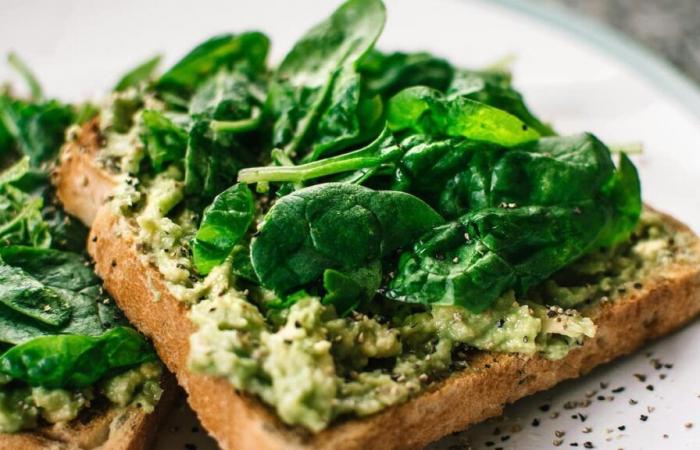According to a study, watercress is the best green vegetable for our health.
• Also read: Here are the tips from Isabelle Isabelle Huot, doctor of nutrition, to combat seasonal depression
• Also read: 13 foods to eat to be happy
• Also read: This delicious fruit (which grows in Quebec) could make you smarter
Watercress, which frequently costs less than $4 in supermarkets, obtained the maximum score following a study of 17 essential nutrients.
Other top-ranked foods include spinach, broccoli, parsley, pumpkin and romaine lettuce. The researchers analyzed 47 fruits and vegetables based on their protein, fiber, calcium, iron, potassium, thiamine and riboflavin content. In particular, they examined the content of niacin, folate, zinc and vitamins A, B6, B12, C, D, E and K.
All but six foods positively met the so-called “potency” criterion, that is, they provide 10% or more of the daily value per 100 calories.
The six excluded are raspberry, tangerine, cranberry, garlic, onion and blueberry.
“Higher-ranked foods provide more nutrients per calorie,” put it simply by study author Jennifer Di Noia, an associate professor of sociology at William Paterson University in Wayne, New Jersey.
The watercress won the prize with a perfect score of 100/100.
The healthiest fruits and vegetables
It is closely followed by Chinese cabbage (91.99), chard (89.27), green beets (87.08), spinach (86.43) and chicory (73.36).
Leaf lettuce (70.73), parsley (65.59), romaine lettuce (63.48) and collard greens (62.49) round out the top 10.
The highest rated fruits are red pepper (41.26), pumpkin (33.82), tomato (20.37), lemon (18.72) and strawberry (17.59).
These foods are less rich in nutrients
The lowest nutrient-dense fruit is grapefruit, with a score of 10.47, while the lowest-scoring vegetable is sweet potato, with a score of 10.51.
“Nutrient-rich fruits and vegetables are strongly associated with a reduced risk of chronic diseases. These include cardiovascular and neurodegenerative diseases, as well as certain cancers,” detailed Dr Di Noia.
“The scores can help consumers focus on their daily energy needs and how best to get the most nutrients from their food. The rankings clarify the nutritional quality of different foods and can help select more nutrient-dense products from the high-nutrition food group,” she added.
L’study was published in the Centers for Disease Control and Prevention journal, Preventing Chronic Disease.
• Also read: 7 tips for eating well without breaking the bank
• Also read: The impact of sugar and fat on the brain
• Also read: Warning: your cup of coffee could cost (much) more in 2025






